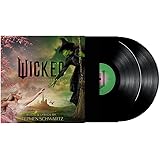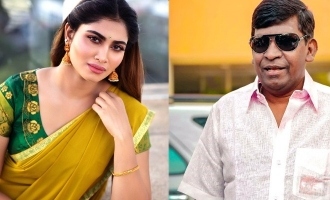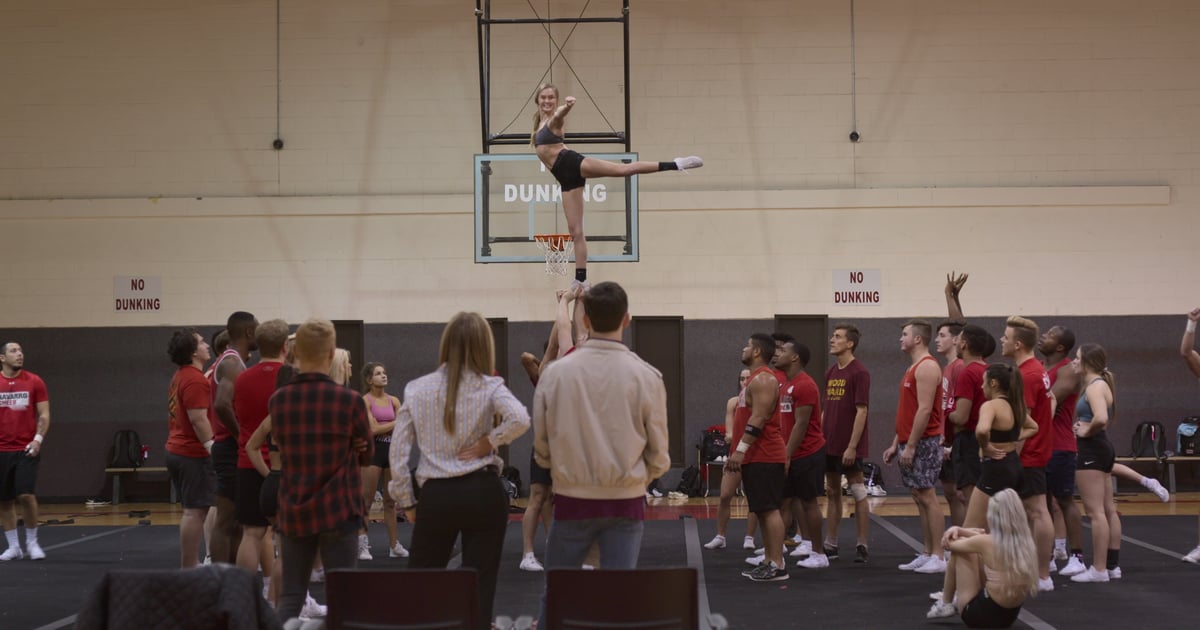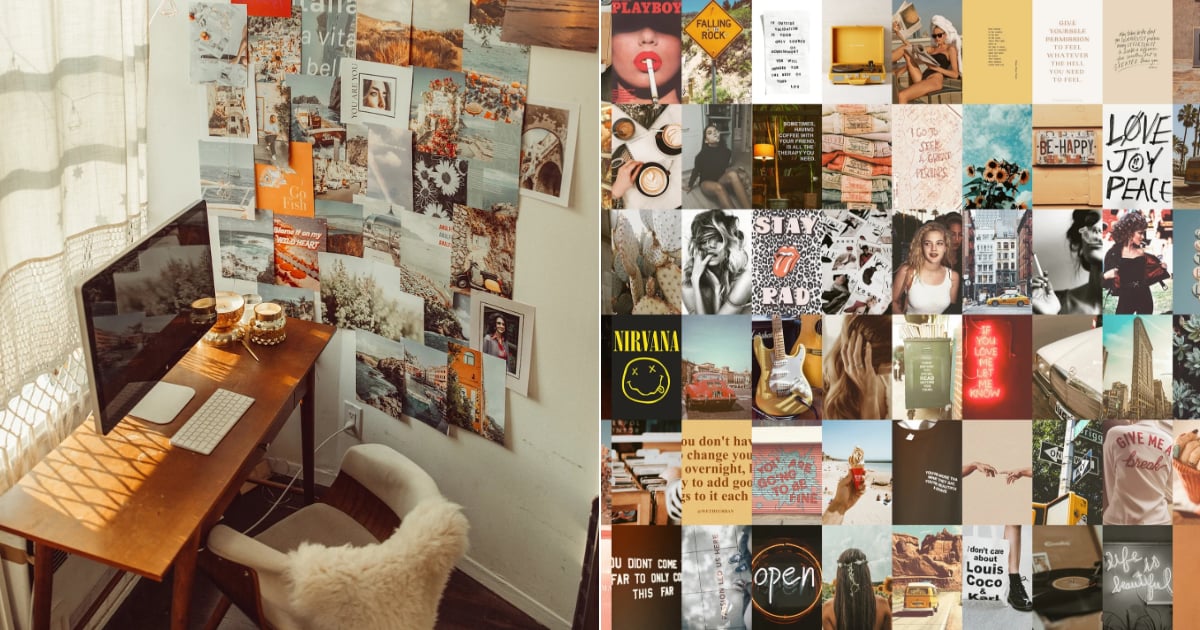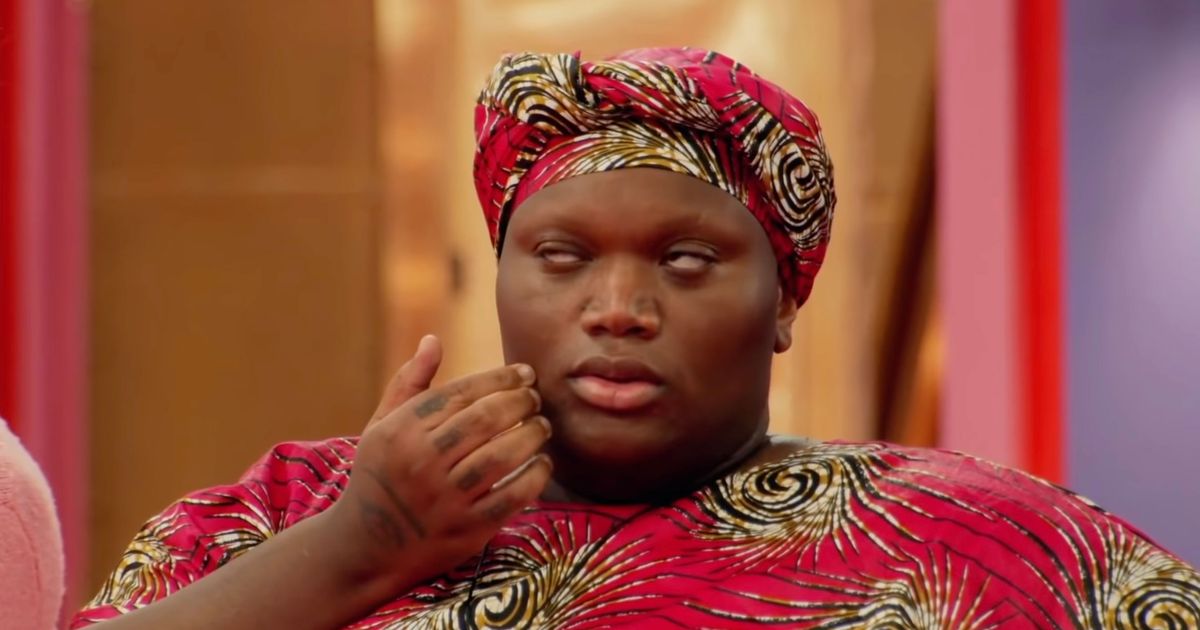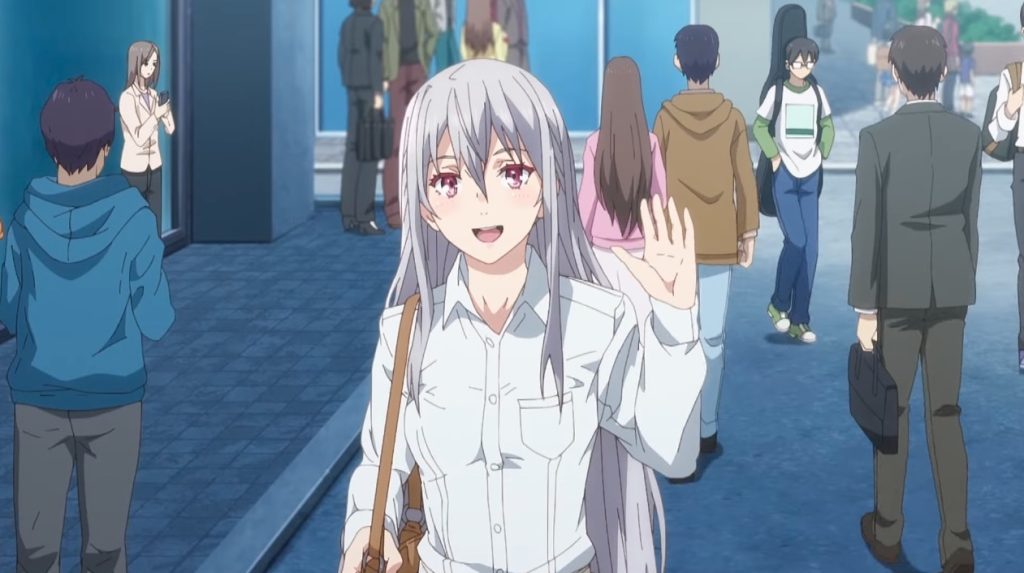
HBO Max’s Station Eleven threads a very small needle. It is a series about a global pandemic, produced both before and during an actual pandemic. Although its first and third episodes were shot in early 2020 before COVID-19, showrunner Patrick Somerville knew the series would need to be calibrated for an audience intimately familiar with the idea of a viral pandemic.
But Station Eleven’s most painstaking balancing act is one of adaptation. The series is based on a much-loved novel by Emily St. John Mandel, and Somerville’s version retains many of the beats, characters, and qualities of her original work. From early in the first episode, though, Station Eleven the series is also a markedly different project, diverging from the novel in ways that fundamentally change the story’s central preoccupations. It’s an approach to adaptation that is hard to pull off and potentially much more rewarding: The show feels like the novel, but at the same time, it is unmistakably its own thing.
This conversation with Somerville is mostly one about adaptation: how his Station Eleven came to be, what he wanted to keep from the original novel, and what he decided to change. Many of those choices came out of Somerville’s own fascination with specific emotional experiences, especially the idea of losing someone and finding them again.
Hiro Murai, who directed Station Eleven’s pilot and third episode, told me that very early in the process of creating this show, even before you had fully established the arc of the season, you had a clear idea of exactly what the finale’s last ten minutes should look like: Kirsten and Jeevan, reunited after a very long time apart.
It was really the middle that wasn’t completely clear. We had the scripts for one and two, and we had the script for episode three, even though that one is mercurial and slippery. But it was really a question of how to get to that hug.
There’s something about that moment. There’s something about that idea emotionally — it felt so true and so satisfying, based on the setup that we had in episode one: finding one another. I made a big deal about how hard it is to find a person without phones or the internet. I was so fascinated by how, if you take Facebook and Twitter away, that’s me as a kid. How did you find someone? They were putting people’s faces on milk cartons and having special announcements at the end of Unsolved Mysteries.
It’s a feeling that’s archetypically true — that fear of losing someone — but it’s not something we experience in quite the same way now. My wife, who’s a psychotherapist, often helps me complete these reveries by saying, “It sounds a lot like death. You lost a person and you can’t find them again.” There’s something that speaks to everyone about that idea of losing someone and giving up on the idea of ever getting them back.
To start from that ending, though, already implies a significant adaptation from Emily St. John Mandel’s original novel, because it means Kirsten and Jeevan spent time together.
Yes. We had already made the choice to put them in the apartment together.
Where did that come from?
It’s just good TV. We needed to make an episode about Jeevan in Chicago on the day it happened. In the novel, he talks to his friend Hua on the phone, but it’s largely in his head. And you can’t do that on TV. You need someone to talk to.
It could’ve been Frank, Jeevan’s brother.
But Frank is the destination. It’s very Adventures in Babysitting — there’s the Lake Point Tower that we just need to get to. That’s good TV, too. He’s got a place to go; he’s got early information. Right at the beginning, one of our writers, Nick Cuse, suggested it. He was talking more about the episode-seven issue, because we were simultaneously trying to crack the question of, who is Kirsten in year 20? Nick was like, “Two brothers stuck in an apartment is interesting, sure. But you know what’s more interesting? Two brothers and a little kid they don’t know.” And I was like, “Absolutely.”
This is how it always works: You hear a pitch and you hear its power before you understand it, and you have to follow the emotional reaction. Hiro, and all the executives , were like, “That hug is true.” So that becomes a waypoint. So then, Kirsten and Jeevan: What if they don’t split up? What if it was kind of funny, their dynamic? What if you want to bolt on this kid? What’s that O. Henry story about the kidnapping? It’s probably an inappropriate title.
It’s a racist title, I think.
Yeah. It’s about a gang of crooks who kidnap a kid with a scheme to get rich, but he’s so annoying that it’s like they’ve been kidnapped. So I was remembering a bit of that too. She knows exactly who she wants to be, and he doesn’t know anything! There was so much good stuff there, both for this episode and the whole story.
So where did the hug come from?
I honestly can’t remember which came first. In the novel, Jeevan survives. And he’s very compelling in the beginning of that novel, but I didn’t want to do the Jeevan-as-paparazzi thing. We talked about it; he was almost outside that party in episode three [taking paparazzi photos of Arthur]. But I realized we didn’t need that, because we were adding Jeevan to Kirsten, so he didn’t need to be connected to Arthur and Miranda at all.
Very early, we thought, “Let’s do an episode with Jeevan like The Revenant.” It was always going to be about how they got separated, because if they had this amazing time, what separated them? It’s a man who would never leave this girl … but he kind of wants to. Morally he can’t, but emotionally he’s going underwater.
Many parents have moments of fantasizing about how free they’d feel if you could leave.
Or, What if I’m not actually emotionally equipped to be doing this?
Which for Jeevan is maybe an easier thing to articulate than for someone who’s raised a child from infancy.
There’s a paradox, too. When I’m in a bad mood and I get home from work, there’s a perfect equilibrium that my wife has created in the two hours since she got home from work. Kids sitting at the table, gently talking, and then I come home and am like [angry voice], “What!” And instantly, they’re fighting. I’m the problem in that situation! You can’t leave, though.
I think when Frank says, “What are you doing? Where are you going?” in the woods, Jeevan is considering leaving. If the wolf never happened, it is a little bit like, “Did he pack up … all of his stuff?” That was the trick of the episode. We never needed to answer that, but we needed to make it slightly understandable that maybe Frank knows his brother is up to something.
The idea that Jeevan would do something like The Revenant became the house pitch for that part of the story, which means that this is what we say in the room even though we know we don’t know what it is. “It’s sort of like this, emotionally, and we’ll fix it later.” We got to the idea that they were going to be separated, because we didn’t want to tell a story about Jeevan in the Traveling Symphony. So that became, “Do they reunite, or is Jeevan dead?” Those were big questions. In the early conversations, it’s tough, because you don’t want Kirsten’s drive to be “find Jeevan.” She needs to be further away from the loss, or it would sabotage every Traveling Symphony story. It’d become, “Hi, I love Shakespeare, but where’s Jeevan?” That became a very toug h question, sitting there in episode nine. But the answer, this miscommunication, felt like such a pandemic answer to me.
To get back to the hug, though: I’ve said this out loud multiple times while working on The Leftovers, like for the scuba episode: I am such a fucking softy for hugs. I do get too brainy a lot of the time, but my bull’s-eye is two people hugging and crying. The hug, once we got there, every time I talked about the hug, anyone I said it to, they welled up. And I said, “I don’t know how we’re going to get here, but that’s where we’re going. That’s our North Star.”
Kirsten and Jeevan feel like one significant adaptation choice for the series. Arthur’s son Tyler and the Museum of Civilization feels like the other one. In the book, the Prophet — who we eventually learn is Tyler — is explicitly malicious, while the museum is a more neutral entity. The TV series shifts that emphasis, so that Tyler is much more sympathetic, and the entire worldview of the museum is cast as a threat.
There’s more in the book that dabbles in this than meets the eye. The first time you hear about the Museum of Civilization, it’s framed as a place where cannibals are. At the same time, you hear that the Prophet’s dog is named Luli. Emily is giving it to you very early. It’s a masterful sleight of hand in the novel, and I wanted to keep it but reconstruct it.
Part of it is the parent in me, and part is the storyteller. That expression, “There are no bad kids” — it’s a thing you say to kids when they’re labeling other kids as bad, or even asking if they’re bad. It’s not just a thing you say as a parent; it’s actually true. If you internalize that, it very quickly becomes clear to me that Kirsten and Tyler’s paths aren’t that different. They just have different circumstances. And I wanted Elizabeth to not die. Our version of her is a little different than in that cocktail-party scene in the novel. She’s young, but she’s not dumb. Elizabeth and Arthur are not having an affair. She’s not doing nefarious things. She’s just happy to be there, and a little naïve about her invasion. We wanted to leave more space for that character to grow.
The parent in me wanted that. The storyteller in me was coming from The Leftovers, a show where there’s a very interesting cult. It is super-easy to do David Koresh, and I didn’t want to represent sexual violence or pedophilia in the show. Emily’s voice in the novel has a way of connecting things and sympathizing, but I thought, Let’s not do Tyler as a sexual monster. Let’s do Tyler as a human who is also part of the wreckage of Arthur’s life. And Clark is already enacting a lot of the problems that come from the before — in that moment when he’s eating his crackers, celebrating his fucking speech, “We’re in control!” That’s not a great moment to be leading from in day 12.
I’m curious about timelines in storytelling. It’s been frustrating to see so much TV in the last couple of years fall into this crutch of hopping around in the timeline of a story, and I was worried when I realized Station Eleven relied so heavily on that. But here, that back-and-forth rhythm works so well. Do you have a guide for how to think about screwing with chronology? When is it a good idea, and when is it unnecessary?
Somewhere back when I was writing fiction, I came to the conclusion that you had to ask yourself why you’re not telling the story in a straight line. If the answer is “because I can’t,” because this is actually the only way to tell this story in this particular way — okay. But if the answer is, because we shot it in a straight line and the episodes didn’t really work so we cleaned house in the post department and brought in a new editorial team and tried this thing where we’ll pop back and forth and add a bunch of fucking stupid music … not good.
That thing you’re detecting is the outgrowth of the tremendous success of stories like Lost, where there was a deep intentionality baked into the use of time — unlike what that show got accused of, which was making it up as you go, i.e., literally what your job is while you wait to find out if you get a new season! That’s why, when you find out John Locke is in a wheelchair at the end of “Walkabout,” you say, “Holy fucking shit!” and it’s good! It’s not like you’ve been cheated.
I think we were successful because we had concurrent experiences of the before and the after. We start with Kirsten and Jeevan, and when you start a story, no matter what, that’s the now. That’s what the book did! Then the book, at page 70, says that’s not the now, that’s the before.
I came from The Leftovers; David Eisenberg, our editor, came from Watchmen. We’re both Damon Lindelof–trained storytellers. We’ve both seen with intentionality how this can be a very powerful thing. It’s scripted that Mackenzie is having an emotional meltdown while trying to play Hamlet, while we see young Kirsten getting texts. But if episode two were our opener, and then it was a flashback —
Then we’d be annoyed.
It’s not a flashback! It’s two competing, simultaneous nows. Which is more to me what it feels like to remember traumatic moments. They feel like now. They exist simultaneously in your life, and you live them over and over again in a circle. That’s why I think it’s fair in Station Eleven.
The Leftovers was for HBO, and Station Eleven aired on HBO Max. Do they feel like different entities? Was the production process different?
When you make a show, ultimately you make a company and build a team around producers. That’s your universe. There are always gods outside of that who are interacting with you, and many choose to interact with you in different kinds of ways. Much like different kinds of Greek gods. Some intervene, some never show up, some cause a ruckus, some come and save you. I would say that I haven’t been a showrunner very long, so I wasn’t privy to those experiences during The Leftovers or other shows I’ve been on. The stakes are high. People’s careers are always on the line when the scale is this giant. Everyone’s trying to make the show great, and everyone has different ways of doing that.
You mentioned to me earlier in the show’s run that the process of figuring out how to write Station Eleven was wrapped up in your experience of figuring out your own feelings about the supernatural — about whether ghosts are real. Where did you land?
I don’t believe in ghosts, but ghosts are real. Guess what? It’s memory! We’ve broken it out into this literal thing, but … I see my dad every day, because I remember him. He haunts me. But he also advises, as my friend. That stuff is real.
For a long time, I was the guy at the dinner party who was like, “That didn’t happen. You were dreaming, or you had a carbon monoxide overexposure.” It’s like Nora Durst popping people’s balloons at baseball games. Who wants that job? No one wants that job. I don’t want that job, either. It took her to the end of The Leftovers to say, “It’s real.” It’s because stories are real. If we collectively believe in a thing, like money, then it’s real. No one’s saying money isn’t real, but it has the same status as ghosts, for me.
It took a while for me as an adult, wanting to be a critical thinker or a rationalist, to find language to say, “No, a floating thing did not come down through the trees. However, your emotional experience that you had that night is valuable.” There’s a way for us to talk about these things without popping each other’s bubbles.
What was it about Station Eleven that helped you articulate that?
It’s that thing we were talking about before. The past is not the past. The future doesn’t exist. It’s a made-up idea. Every mapping that we do of the future is a fabrication of our imagination. It’s good to fantasize about that, but it’s unbearable to carry the weight of a massively imagined future and still be present right now. Emily’s novel was engaging in deep conceptual, spiritual elements that I needed to go to, not just as a writer, but for my life. I was drawn to it in ways I didn’t really understand. I found some things I needed to reckon with in my life in the experience of making Station Eleven.
The final minutes of the Station Eleven finale reunite Kirsten (Mackenzie Davis) and Jeevan (Himesh Patel) after 19 years apart.In the novel, Jeevan meets Kirsten only briefly, on the first day the pan demic sweeps across the globe.Episode seven depicts the first 100 days after the viral outbreak, when Jeevan, Kirsten, and Jeevan’s brother Frank hole up in Frank’s apartment.The story is titled “The Ransom of Red Chief.”Luli is the name of the pet dog in Station Eleven, the story-within-a-story graphic novel written by Arthur’s first wife Miranda.Elizabeth is Arthur’s second wife, played by Caitlin FitzGerald in the series. In the novel, she is already having an affair with Arthur during the cocktail-party scene and laughs at Miranda’s work.Clark is Arthur’s best friend, played by David Wilmot. He gets stranded at the Severn City airport with Elizabeth and David and goes on to create the Museum of Civilization.
How Station Eleven Arrived at Its Final 10 Minutes
Note: This article have been indexed to our site. We do not claim legitimacy, ownership or copyright of any of the content above. To see the article at original source Click Here







